Yes. Insurance for a single day is available.
Essential Guide to Renting a Car in Ireland (2024)
PUBLISHED ON Feb, 22 2024
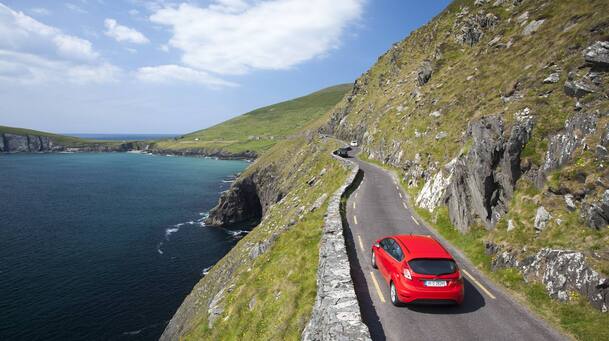
Introduction to the Irish Car Rental Landscape
Why Renting a Car in Ireland is Beneficial
Renting a car in Ireland opens the gates to exploring picturesque landscapes, ancient castles, and vibrant towns at your own pace. Forget about strict timetables or crowded tour buses; with a rental car, every moment of your itinerary is yours to design. Savor the freedom to linger in areas that captivate your heart, or spontaneously delve down the less-trodden paths that Ireland has in abundance.
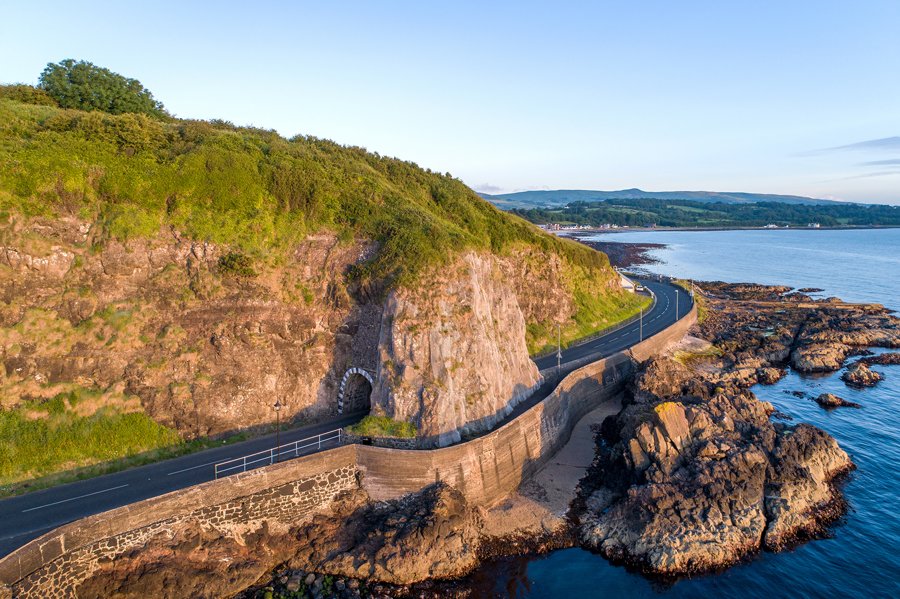
Scenic Irish road
Changes and Expectations for Car Rentals in 2024
In 2024, the car rental scene in Ireland is adapting to new challenges, including high demand and a shortage of new vehicles. These factors might lead to price hikes, particularly during the peak tourist season. To navigate these changes, renters should anticipate and prepare for potential cost fluctuations. Booking your rental car early is more crucial than ever to secure not only the best prices but also the make and model that best suits your needs.
Step-by-Step Process for Renting a Car in Ireland
Meeting the Requirements: What You Need Before Booking
Before booking your car rental in Ireland, ensure that you have a valid driver’s license and a credit card—although some companies may also accept debit cards. Keep your booking confirmation number handy if you’ve arranged your rental online. Don’t be caught off guard by extra fees; familiarize yourself with the specific terms and conditions related to your booking. These typically address insurance, waivers, and additional rental options. Remember, knowledge is power, and understanding these details ahead of time is essential to a seamless rental experience. For further reading, we encourage you to read our Rental Car Checklist: Essential Items for a Safe and Comfortable Journey.
Age Requirements For Renting A Car
You need to be at least 21 years old, which is the legal driving age, to rent a car in Ireland, and if you’re below 25, be ready to pay a young driver surcharge.
Insurance Insights: Navigating Irish Car Rental Coverage
Venturing into the realm of car rental insurance in Ireland can initially seem daunting, but once you grasp the basics, you can steer clear of unwanted surprises. Your rental will already include Third-Party coverage, but always verify if Collision Damage Waiver (CDW) or Vehicle Theft Cover is bundled in. While CDW is mostly mandatory, it’s worth considering additional protections to cover your excess and to cover the most common mishaps, like tire or windshield damage. Don’t rely blindly on your credit card for CDW insurance as some, except notable ones like Chase Sapphire cards, exclude coverage in Ireland. Checking the fine print is a must!
As we already noted, the basic CDW does not typically cover certain types of damage, like windscreens, tyre punctures, or undercarriage damage. That’s where Super Collision Damage Waiver (SCDW) comes to reduce the excess. If you want more comprehensive coverage, Full Protection packages can offer savings by bundling Excess Waiver, Roadside Assistance, and zero deductible excess.
SCDW in Ireland may cost up to € 36 / day, depending on the rental company and might double your rental cost. CarInsuRent’s car rental insurance for Ireland stands out as a favorable choice for several reasons:
- Comprehensive Coverage: CarInsuRent offers extensive coverage for car hire excess, providing you peace of mind. This insurance covers expenses related to windscreen damage, theft, misfuelling, breakdown, and towing, up to a generous limit of US$ 4,500.
- Cost Savings: By opting for CarInsuRent’s Car Hire Excess Insurance, you can avoid overpaying at car hire desks abroad. Booking this insurance online before traveling ensures competitive rates and helps save money in comparison to purchasing excess coverage directly from rental companies.
- Ease of Booking: The process of booking our Car Hire Excess Insurance is straightforward and can be conveniently completed online before embarking on the trip. This simplicity ensures a hassle-free experience for you, allowing you to focus on enjoying their journey.
- Positive Reviews: CarInsuRent’s Car Hire Excess Insurance has garnered positive reviews from satisfied customers, highlighting its reliability and effectiveness in providing coverage during car rentals abroad. Such testimonials from previous users attest to the quality and value of this insurance option.
Compare and Buy Car Rental Insurance in Ireland
Get StartedKey Considerations When Choosing Your Rental
Selecting the Right Vehicle for Your Irish Adventure
Choosing the right vehicle for your trip is pivotal to the enjoyment of your Irish journey. If a coastal road trip with the family is on the agenda, a spacious SUV or minivan will cater to both comfort and luggage needs. On the flip side, if you aim to navigate narrow city streets, opt for a smaller, more maneuverable car. Additionally, consider transmission preferences – Ireland traditionally favors manual cars, but automatics are increasingly available. Gasoline versus diesel can also affect your budget, especially for longer drives, so weigh the options before deciding.
The Best Vehicle for Your Irish Adventure:
- Family or Group Travel: Opt for a full-size wagon, SUV, or minivan for space and comfort.
- City Navigators: A compact car will ease your parking and maneuvering woes.
- Fuel Efficiency: Diesel engines typically offer better mileage.
- Transmission Choice: Ensure familiarity with manual or secure an automatic for ease.
By choosing the vehicle that aligns with your itinerary and driving preferences, you’re setting the stage for a memorable and stress-free road trip across Ireland.
Understanding Costs and Saving Tips
Understanding rental car costs in Ireland is vital to ensure that you stay within your budget while enjoying your trip. Price quotations often only reflect the basic rental fee with limited insurance. Be mindful of additional charges such as excess waivers, GPS rentals, and additional drivers. Costs can also differ based on the time of year, with high season typically being more expensive. Equip yourself with a spreadsheet to compare quotes effectively, including all potential extras and insurance options.
How to Save on Your Irish Car Rental:
- Book Early: Secure better deals by booking months in advance.
- Long-Term Rentals: Longer rental periods can often reduce the daily rate.
- Insurance: Check with your credit card issuer for included rental insurance, but remember that Ireland often requires a specific insurance policy.
- Avoid Extras: GPS may be unnecessary with modern smartphones providing navigation apps.
Maintain a keen eye on these details to steer clear of unforeseen expenses and enjoy the emerald allure of Ireland without financial stress.
Additional Tip: Keep an eye out for packages that bundle in extras at a reduced rate, and never hesitate to ask for a discount – it’s not uncommon for rental agencies to accommodate reasonable requests.
Insider Tips for an Effortless Pick-Up and Drop-Off Experience
Preparing for Pick-Up: Essential Documentation and Inspections
To ensure a smooth vehicle pick-up, come prepared with all necessary documentation. This includes your driver’s license, passport, booking confirmation, and a valid credit card for the deposit. Upon arrival, conduct a thorough inspection of your rental car. Look over the body for any scratches or dents, and examine the interior for any damage—taking photos to document the vehicle’s condition is a smart move. Compare any existing damage with what’s marked on your rental agreement to ensure everything is accounted for before you drive off.
Essential Pick-Up Steps:
- Document Check: Have your license, passport, credit card, and booking information at hand.
- Car Inspection: Review the car’s exterior and interior for pre-existing damage.
- Photo Evidence: Snap pictures on your phone from various angles for a detailed damage record.
- Rental Agreement: Ensure all damages are accurately reflected on your rental paperwork.
Don’t hesitate to bring up any discrepancies immediately—this attention to detail will be your insurance against potential disputes upon the return of the vehicle.
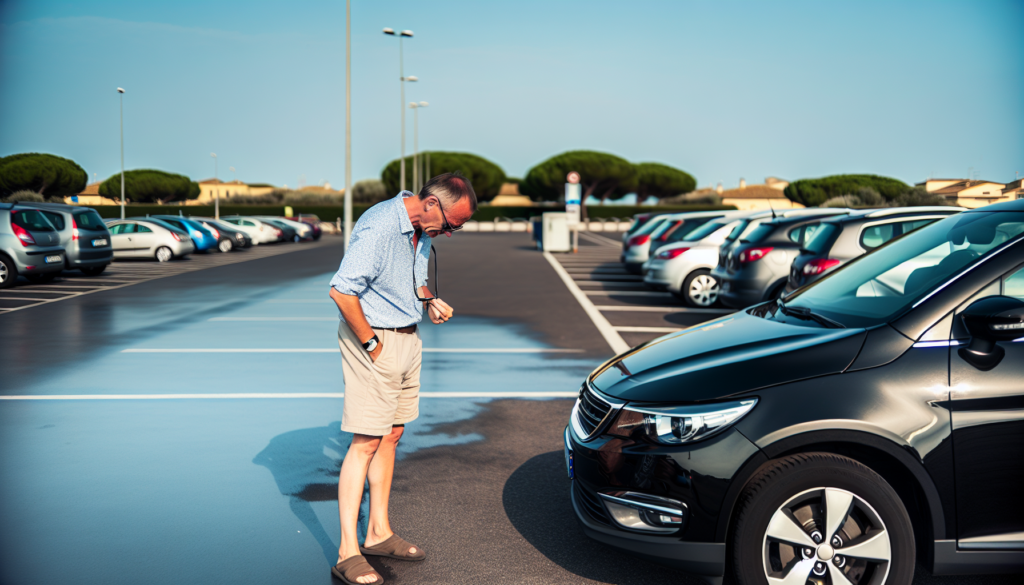
Inspecting rental car for damage
Smooth Drop-Off: Avoiding Extra Charges and Common Pitfalls
The final stage of your car rental experience in Ireland should be as smooth as the open roads you’ve enjoyed. To avoid any extra charges and common pitfalls at drop-off, be well-prepared. First, ensure the car is returned with the agreed-upon fuel level. Many rental companies operate a full-to-full policy, so refilling your tank before returning is usually required. Secondly, allow ample time for inspection upon return, and present the car in a clean condition to avoid any cleaning fees.
Key Drop-Off Checklist:
- Fuel Level: Top up the tank according to your rental car agreement to prevent refuelling charges.
- Timely Return: Arrive early within business hours to avoid late fees and allow for inspection.
- Vehicle Condition: Remove trash and belongings to evade cleaning fees.
- Final Inspection: Do a walk-through with the agent to confirm no new damages have been incurred.
By adhering to these steps, you’ll safeguard against those post-trip charges that can sour an otherwise perfect rental experience. Remember, document the vehicle’s post-rental condition with photos for your records.
Navigation and Driving in Ireland
Adjusting to Irish Roads and Driving Etiquette
Driving in Ireland is a unique experience that requires some adjustments, especially if you’re accustomed to wider roads and different traffic laws. As you take the wheel, remember that you’ll be driving on the left side of the road—the opposite of what many are used to. The roads can be narrow, and local drivers may zip around with seemingly nerve-wracking confidence. Always remain vigilant and drive defensively, respecting the speed limits, which are posted in kilometers per hour.
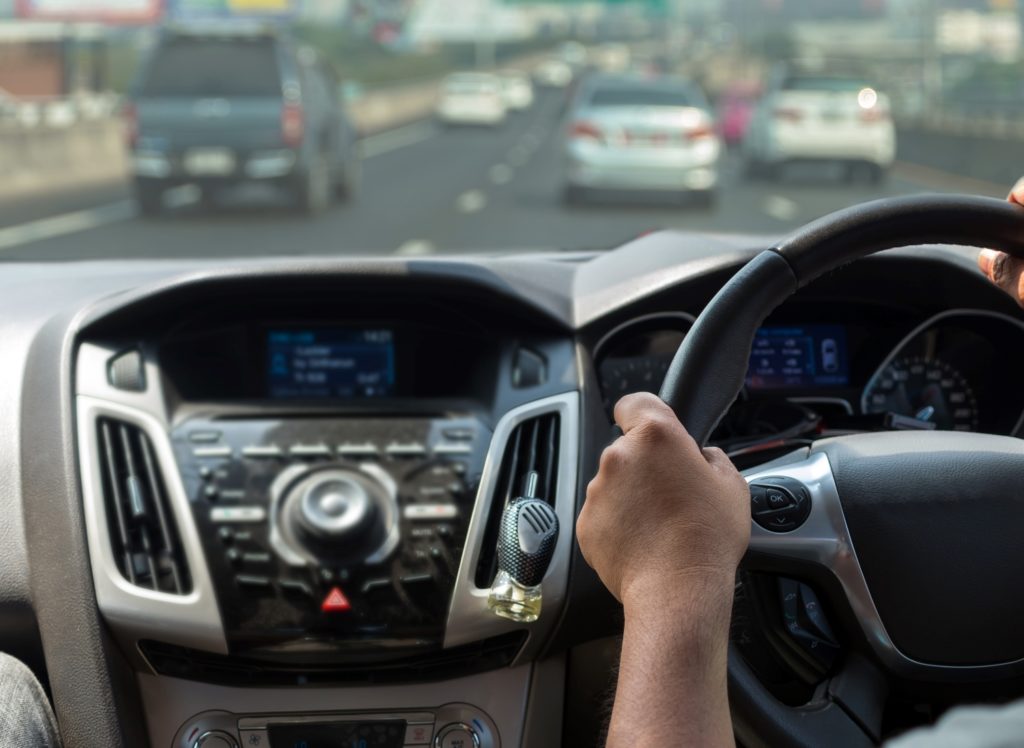
Drive on the Opposite Side
Adjusting to Irish Roads:
- Road Width: Be prepared for narrower roads and rural paths where vehicles share space more closely.
- Speed Limits: Adhere to area-specific limits: 50kph in towns, 100kph on open roads, and 120kph on motorways.
- Patience Pays Off: On country roads, you might encounter farm vehicles or animals—patience is key.
- Overtaking: Only overtake on the right, when safe, and only if you’re confident and it’s legal.
By acclimating to the local driving etiquette and laws, you’ll avoid potential hazards and respect other drivers’ expectations—making for a more enjoyable and safe journey across the Emerald Isle.
Toll Roads, Fuel Policies, and Parking Savvy
When exploring Ireland’s picturesque vistas by car, familiarize yourself with the intricacies of toll roads, fuel policies, and parking rules to avoid headaches. Most toll roads accept both cash and card, except for Dublin’s M50 motorway. The M50 uses a barrier-free tolling system—your car’s registration is captured, and you pay the toll online or at designated shops. Some rentals include a ‘Toll Tag’ for automatic payment. Fuel policies vary, typically the full-to-full approach, meaning you return the car with a full tank.
Toll Road Tips:
- Carry Cash and Coins: For toll roads outside the M50, having change is essential.
- Understand the M50: Remember, the M50 requires an online or in-store toll fee payment.
- Check for Toll Tags: These devices can simplify toll payments and save you time.
Fuel Policies & Parking:
- Fuel Policy Adherence: Refill the tank before drop-off to avoid additional charges.
- Parking Know-How: Pay attention to signs indicating parking rules and fees. P&D (Pay and Display) areas require a visible ticket on the dashboard, and always park in the direction of traffic.
By staying informed and prepared, you can navigate Ireland’s roads like a seasoned traveler, enjoying each stop without fret over tolls, fuel, or parking fines.
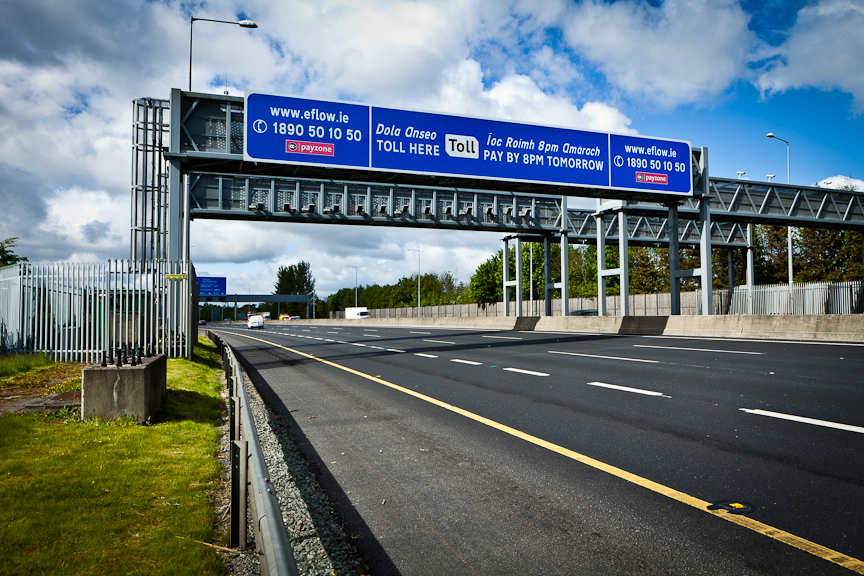
Ireland M50-Toll
Additional Advice for a Stress-Free Rental Experience
Dealing with Additional Equipment
Rental companies might offer extra equipment, such as GPS devices or child seats. While they can be convenient, they also add to your daily cost. With smartphone navigation apps becoming ever more reliable, a separate GPS might be an unnecessary expense. Always evaluate whether you need these extras—your budget will thank you.
Best Practices for Damage Waivers and Extras:
- Extra Equipment: Consider the utility of offered add-ons against their daily rental costs.
- Alternative Options: Check if you can bring or procure certain items, like car seats or GPS, at a lower cost elsewhere.
A little foresight into these details ensures you’ll only pay for what’s essential, keeping your car rental experience as budget-friendly as possible.
Best Practices for Cross-Border Travel within the Emerald Isle
Cross-border travel between the Republic of Ireland and Northern Ireland is usually seamless, as there are no customs checks. However, always inform your rental car company if you plan to travel across the border. There may be insurance implications or additional fees to consider. Rental agreements differ, and some companies may expressly forbid cross-border travel or require you to purchase additional insurance cover.
Cross-Border Travel Tips:
- Notify the Rental Agency: Confirm cross-border travel policies to avoid invalidating your insurance.
- Insurance Check: Ensure your rental’s insurance covers travel in both the Republic of Ireland and Northern Ireland.
- Carry Essential Documents: Keep your passport, driver’s license, rental car agreement, and insurance documents easily accessible.
By adhering to these best practices, you can embrace the full Irish experience without any border concerns, knowing your car rental agreement is secure and recognized in both territories.
Enjoying Ireland to the Fullest with Your Rental Car
Must-Visit Destinations Accessible by Car
Renting a car in Ireland provides the unparalleled opportunity to discover hidden gems and iconic destinations at your leisure. The west coast’s majestic cliffs and inlets, such as those found in Bantry Bay and the Dingle Peninsula, beckon explorers seeking stunning views. No visit to Dingle is complete without sampling the delightful Murphy’s Ice Cream, made with local Kerry cow milk.
Further inland, the serenity of the Wicklow Mountains National Park captivates nature enthusiasts. Whether you’re hiking through heather-strewn peaks or discovering the monastic ruins at Glendalough, these accessible destinations by car are sure to be trip highlights.
Travelers’ Top Picks for Scenic Drives:
- Ring of Kerry: Experience Ireland’s rural beauty with dramatic seaside cliffs and lush greenery.
- Wild Atlantic Way: This extensive coastal route leads you past some of Ireland’s most picturesque scenes.
- Causeway Coastal Route: Home to the Giant’s Causeway, this route offers history melded with spectacular landscapes.
- Connemara National Park: Idle around sky-mirroring lakes and encounter diverse fauna and flora.
- Copper Coast Geopark: Take in the geological wonders along this UNESCO Global Geopark.
Embrace the freedom your rental car offers, and immerse yourself in the beauty and cultural richness accessible across Ireland’s roadways.

Cliffs of Moher – Ireland
Cultural Nuances and Making the Most of Your Road Trip
Ireland’s cultural tapestry is rich with traditions, storytelling, and music that resonate through its picturesque villages and vibrant cities. While on your road trip, take the time to stop at local pubs and experience the legendary Irish hospitality. You may find yourself tapping your feet to a live traditional music session or engaging in good-natured banter with the locals. Feast on hearty Irish cuisine, discovering regional specialties in small family-run eateries, and consider staying in B&Bs that provide a more intimate glimpse into Irish life.
Cultural Highlights to Enhance Your Road Trip:
- Local Pubs: Immerse in the convivial atmosphere and enjoy impromptu music sessions.
- Food: Try local delights like seafood chowder or freshly baked soda bread.
- Market Days: Explore the local markets that often serve as community hubs.
- Festivals: Plan around unique local festivals to witness Ireland’s cultural richness firsthand.
- Respect: Always remember to respect the history and traditions encountered along your journey.
By embracing these cultural nuances and participating in the everyday life of the Irish, your road trip transforms from a mere vacation into an enriching and memorable experience.

Cozy, vibrant Irish pub scene
FAQs about Renting a Car in Ireland
Can Tourists from the US Rent a Car with Their Domestic License?
Yes, tourists from the US can rent a car in Ireland using their domestic driver’s license. There is no need for an International Driver’s License, but it’s best to check with the rental company in case they have specific requirements. Always carry your passport and driver’s license when driving.
How Early Should You Book Your Car Rental in Ireland?
You should book your car rental in Ireland as early as possible. Advanced booking can secure more competitive rates and ensure that you get the vehicle that best suits your needs, especially during peak tourist seasons when demand is high.
Are There Any Hidden Fees to Be Aware Of?
Yes, renters should be aware of potential hidden fees. Always read the rental agreement’s terms and conditions carefully to understand all charges. Look out for added fees for additional drivers, GPS rentals, late returns, or unexpected insurance costs.
Manual vs Automatic: Which is Better for Irish Roads?
On Irish roads, the choice between manual and automatic comes down to personal preference and driving experience. Manuals are more common (in Ireland and Europe in general) and may be less expensive to rent, but if you’re more comfortable with automatic transmission, especially when tackling Ireland’s narrow, winding roads, the additional cost for an automatic car could be worth it for a more relaxed driving experience.
What’s the Protocol if I Get into a Car Accident in Ireland?
If you get into a car accident in Ireland, ensure everyone’s safety first. If there are injuries, call the emergency services at 999 or 112. Then, contact the local police (Gardaí) to report the incident. Exchange information with the other party involved and notify your car rental company as soon as possible. Follow their instructions and document everything with photos and notes for your records.
Travel Tips and Guides
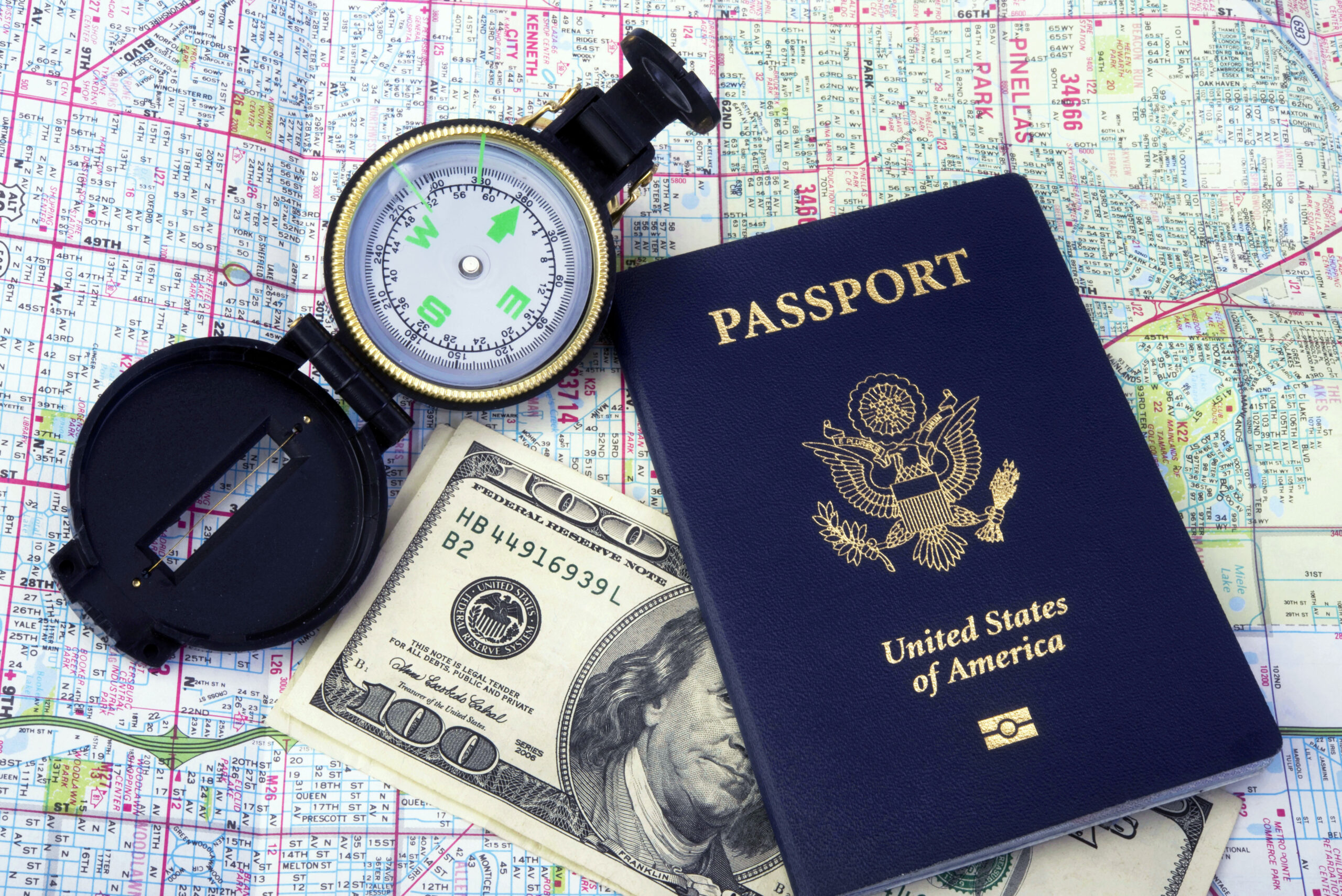
Navigate the World: How to Get Your AAA's International Driving Permit Effortlessly
Gil Farkash
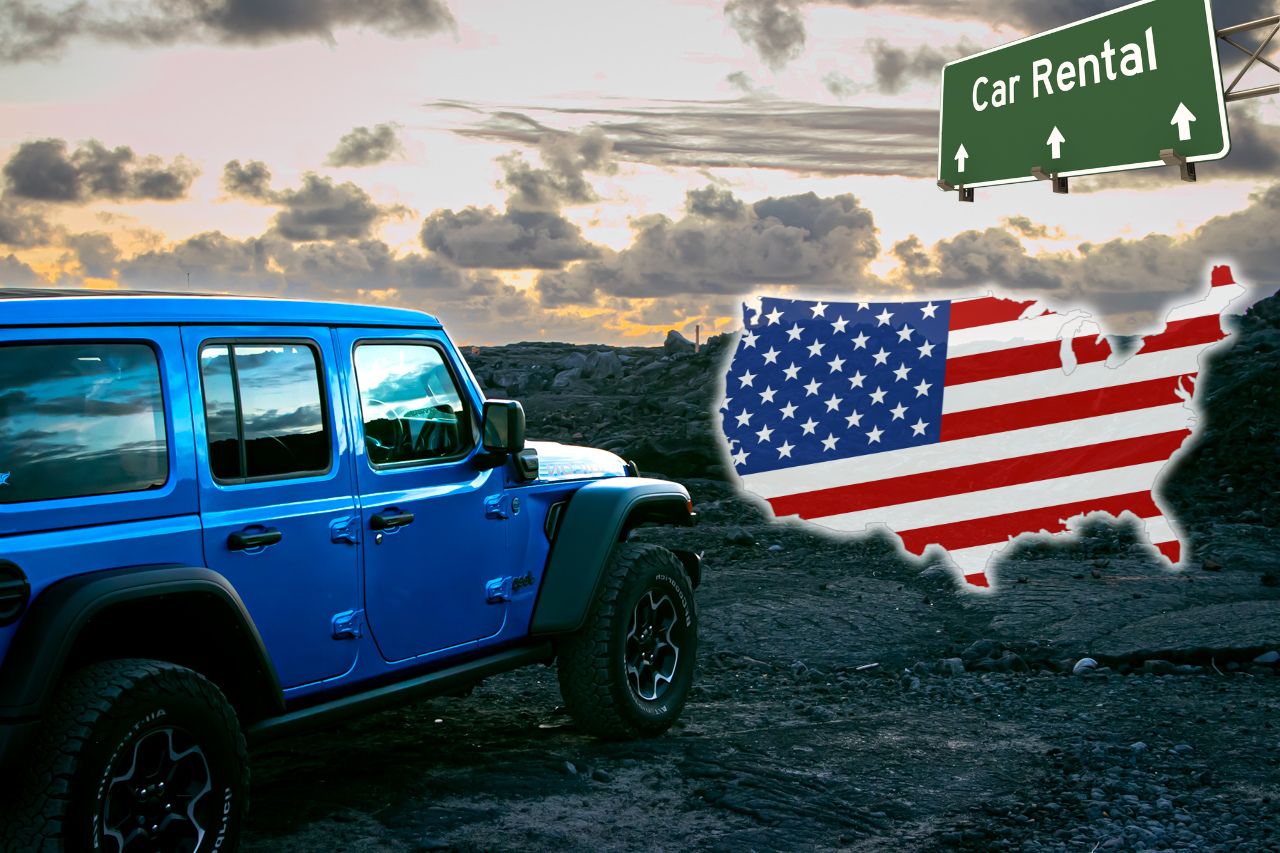
Top Tips for Stress-Free Renting a Car in USA: Your Ultimate Road Trip Guide
Gil Farkash
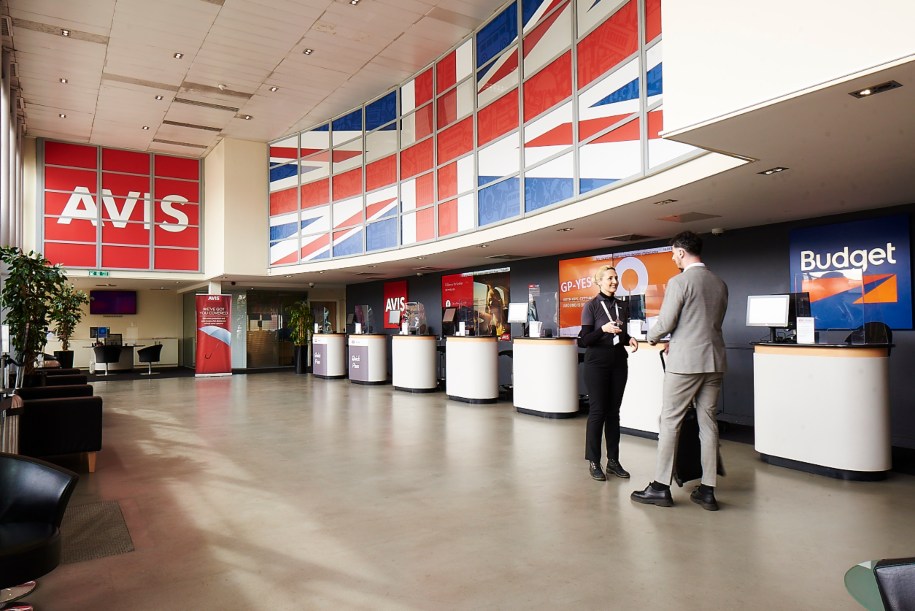
Essential Tips for Renting a Car in UK: Your Complete Guide
Gil Farkash
Frequently Asked Questions (FAQ)
No. We provide a single journey plan. You are covered from the time you pick up the rental car up to the time you return it or on the last date written on your Certificate of Insurance, whichever comes first.
No. You should purchase a policy before starting your travel.
Find the answers you’re looking for to the most frequently asked car hire insurance questions as well as other questions relating to our products and services.
